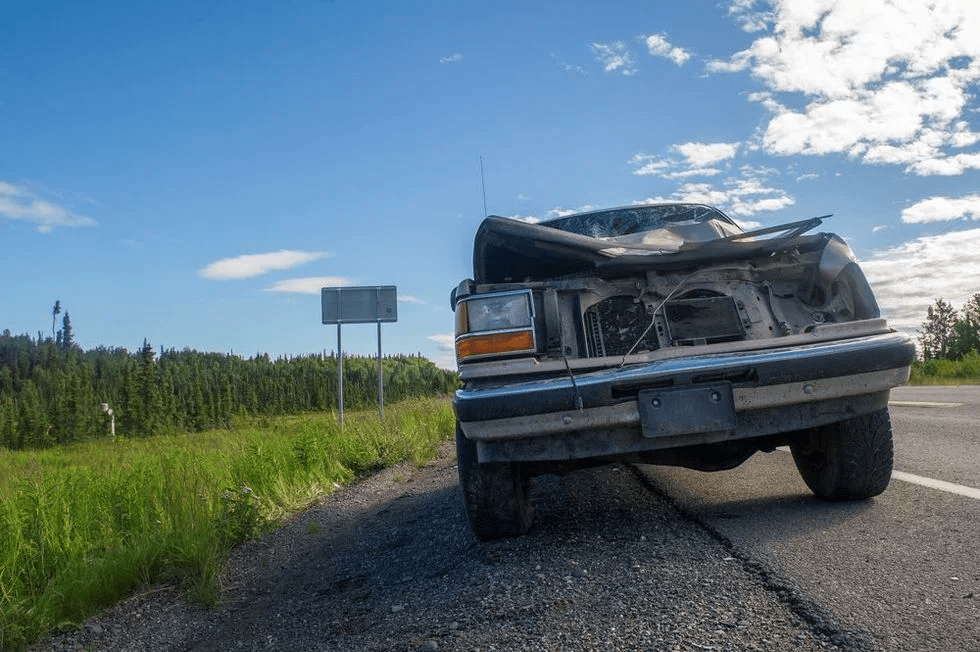When you grapple with the aftermath of a car accident in Alaska, the journey toward securing compensation for your losses might seem like navigating a complex legal maze. Since the defendant could deny liability and mount defenses against your accusations, you should understand the strategies and defenses that could be employed against you. This article gives tips on overcoming common defenses in car accident liability cases in Alaska. You learn the tactics that could be employed to refute them and secure the compensation you deserve.
You Were at Fault for the Car Accident
In the aftermath of a car accident, it is not uncommon for an insurance company to employ a strategic maneuver to shift the blame onto you. However, even if you share some responsibility for the accident, Alaska’s comparative fault doctrine offers hope.
This doctrine implies that you might still be entitled to compensation if your contribution to the accident was not 100%. Your attorney can help you maximize your recovery despite any percentage of fault attributed to you.
You Failed to Adequately Maintain Your Vehicle
Insurance companies can be crafty in their defense tactics, attempting to argue that inadequate vehicle maintenance played a role in the accident. This might entail claims that your brakes or tires are in poor condition.
The key to overcoming this defense is establishing that your vehicle’s condition was reasonably safe, irrespective of the wear and tear on specific components. This underscores the importance of presenting evidence that speaks to the overall safety of your vehicle.
Someone Other Than the Defendant Was at Fault
Defenses can take unexpected turns, and one such maneuver involves blaming a third party for the accident. This approach seeks to divert attention away from the defendant. A vigilant response entails a thorough investigation to ascertain the validity of such claims.
If the evidence supports the involvement of other responsible parties, your attorney can skillfully navigate the legal landscape to pursue claims against them, potentially augmenting your chances of success.
You Lied About the Accident or Your Injuries
When filing insurance claims, honesty is paramount. Nonetheless, insurance companies might resort to alleging that you provided false information about the accident or your injuries. This tactic attempts to paint you as engaging in insurance fraud. Your attorney’s role here is to contest these allegations, proving the accuracy and authenticity of your account.
Your Injuries Were Not the Result of the Accident
Another defense tactic is undermining the connection between your injuries and the accident. This can be particularly concerning if you have a pre-existing condition. However, this defense does not necessarily hold water.
The impact of the accident aggravating a pre-existing condition is a valid avenue for compensation. Your attorney can adeptly establish the causal link between the accident and your exacerbated injuries.
You Had a Gap in Medical Treatment
Insurance companies might argue that a gap in your medical treatment indicates less severe injuries or that your injuries were not caused by the accident. However, life is unpredictable, and delays in seeking medical care can have legitimate reasons. Your attorney’s task is to present a robust case that factors in these legitimate reasons, countering the defense’s assertions.
You Did Not Submit Sufficient Evidence of Liability
When entering the legal arena to seek compensation, the responsibility falls on you to provide compelling evidence of the other party’s liability. Despite the insurance company’s obligation to investigate, relying solely on their efforts is insufficient. Your attorney can work with you to construct a comprehensive case substantiating the defendant’s negligence or recklessness.
You Did Not Provide Evidence of Your Losses
Filing a lawsuit after a car accident opens the door to recover economic and non-economic damages. However, documentation is the key to unlocking this door. To receive compensation for your losses, you need to provide tangible evidence. A proficient personal injury attorney can assist in gathering the necessary documentation to demonstrate the extent of your financial losses and the intangible suffering you’ve endured.
You Failed to Pay Your Insurance Premiums
In specific scenarios, accident victims might pursue compensation through insurance policies, such as in cases involving uninsured/underinsured motorist claims. Insurance companies may attempt to deny claims if insurance premium payments have lapsed. While this can be a valid defense, exceptions exist. You should work with your attorney to determine if non-payment is a justifiable reason for denial.
You Waited Too Long to File a Claim
The passage of time plays a crucial role in legal matters. Alaska law grants a two-year window for car accident victims to file a lawsuit seeking damages. Missing this window could spell the end of your pursuit for compensation. However, exceptions might exist in the form of tolling provisions. Hire an Alaska accident attorney to know whether such provisions could extend your filing timeframe.
Fighting the defenses that insurance companies and negligent drivers might employ in car accident liability cases demands a strategic and informed approach. If you navigate these defenses with astuteness and the guidance of a seasoned attorney, you can enhance your prospects of overcoming the challenges and obtaining the compensation that rightly belongs to you.



